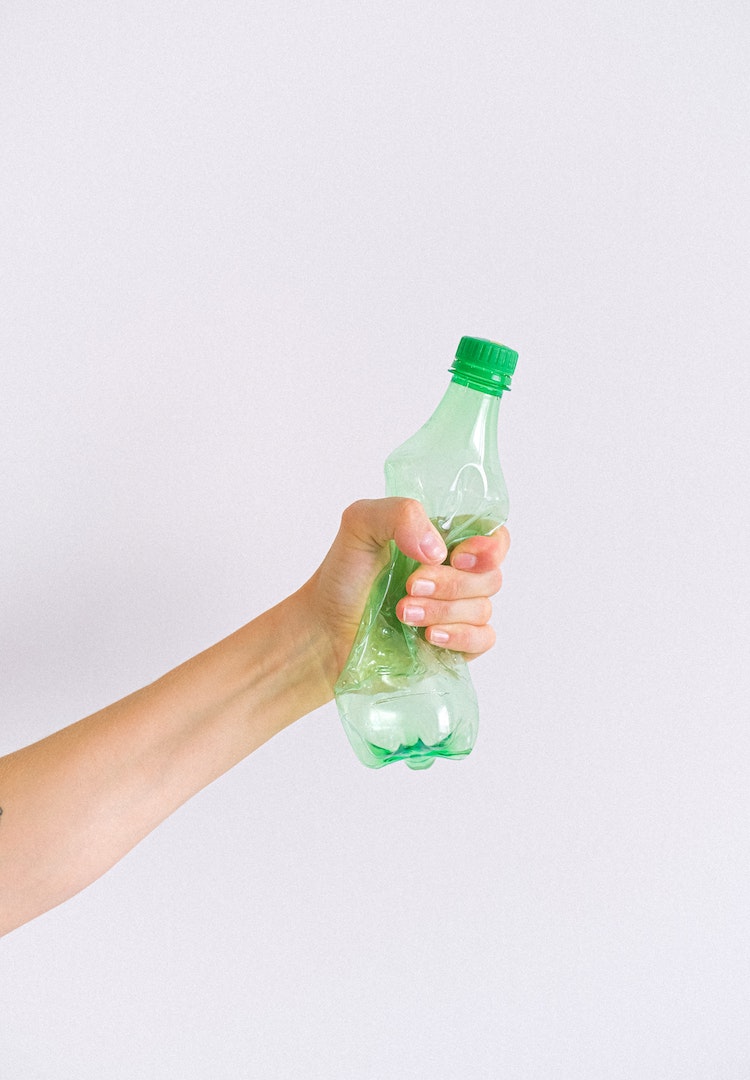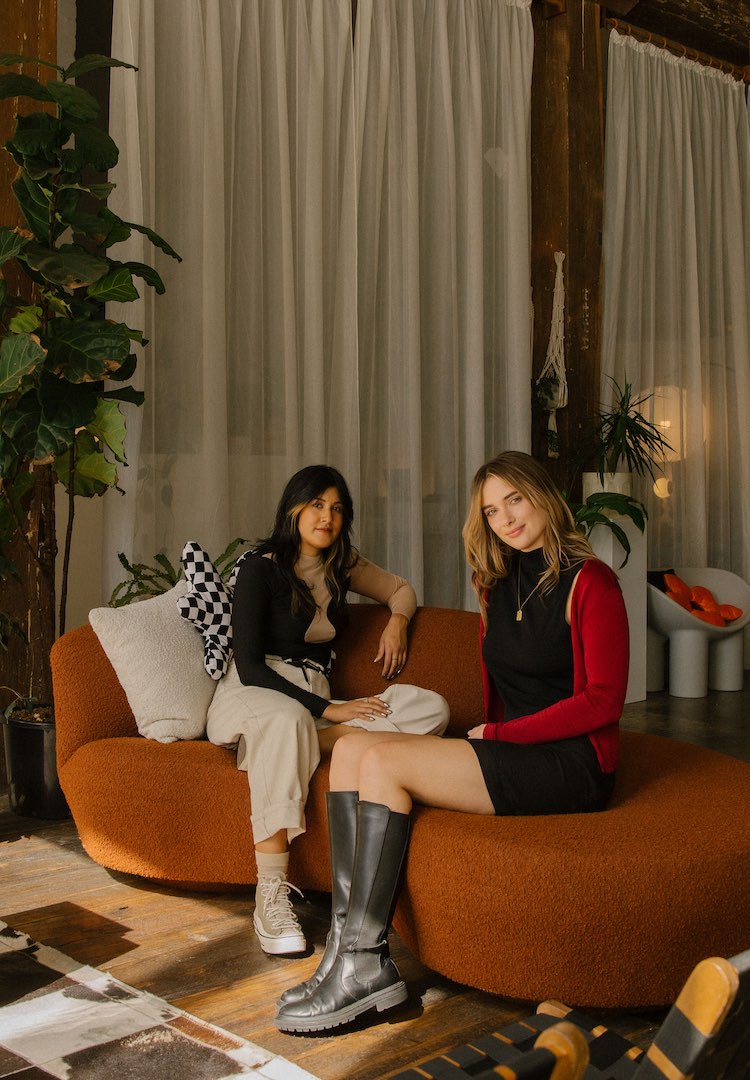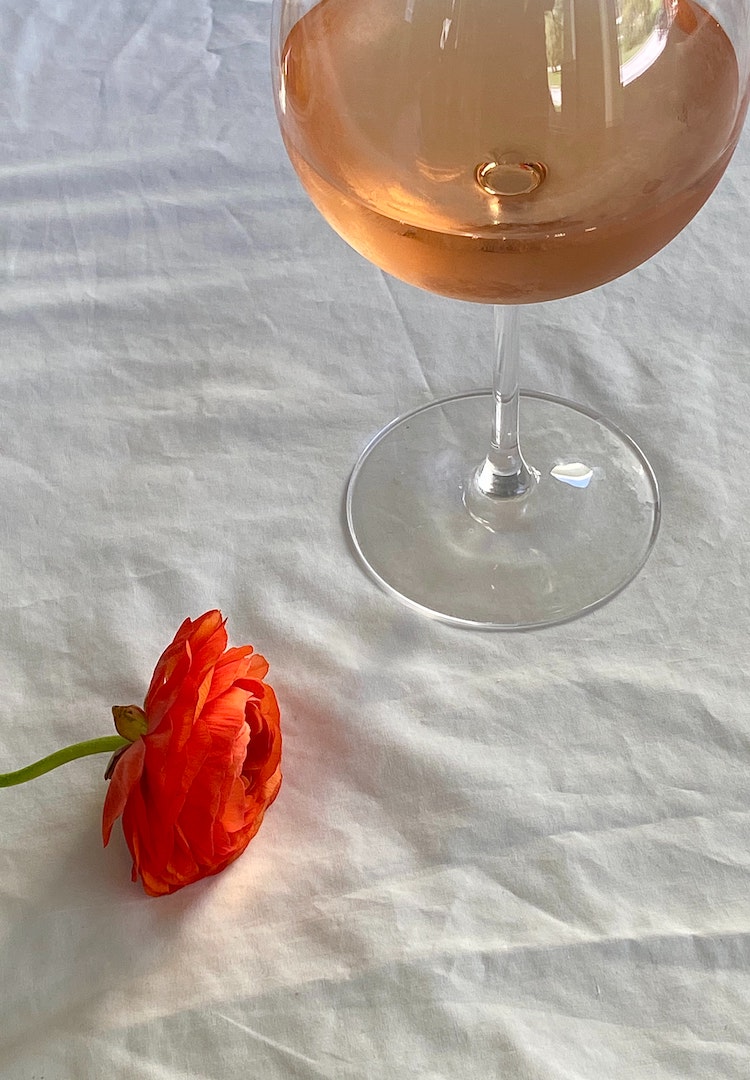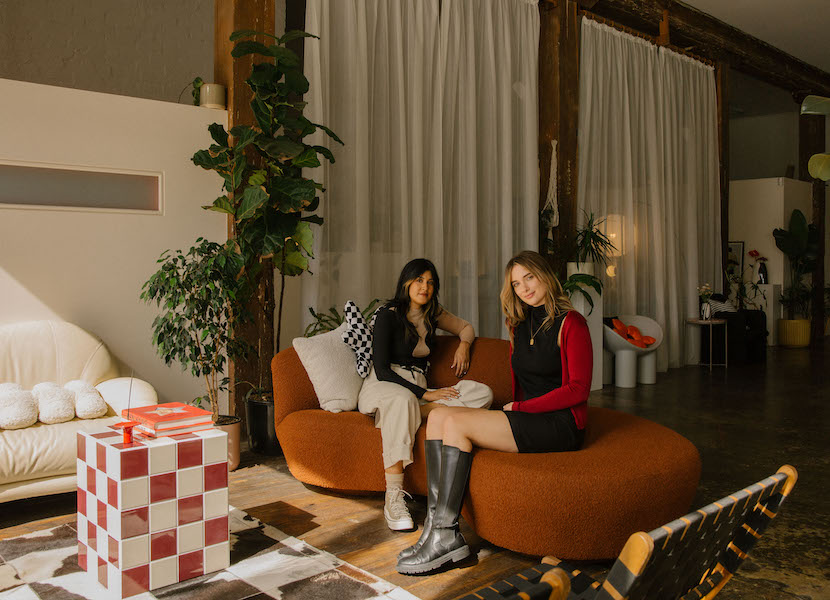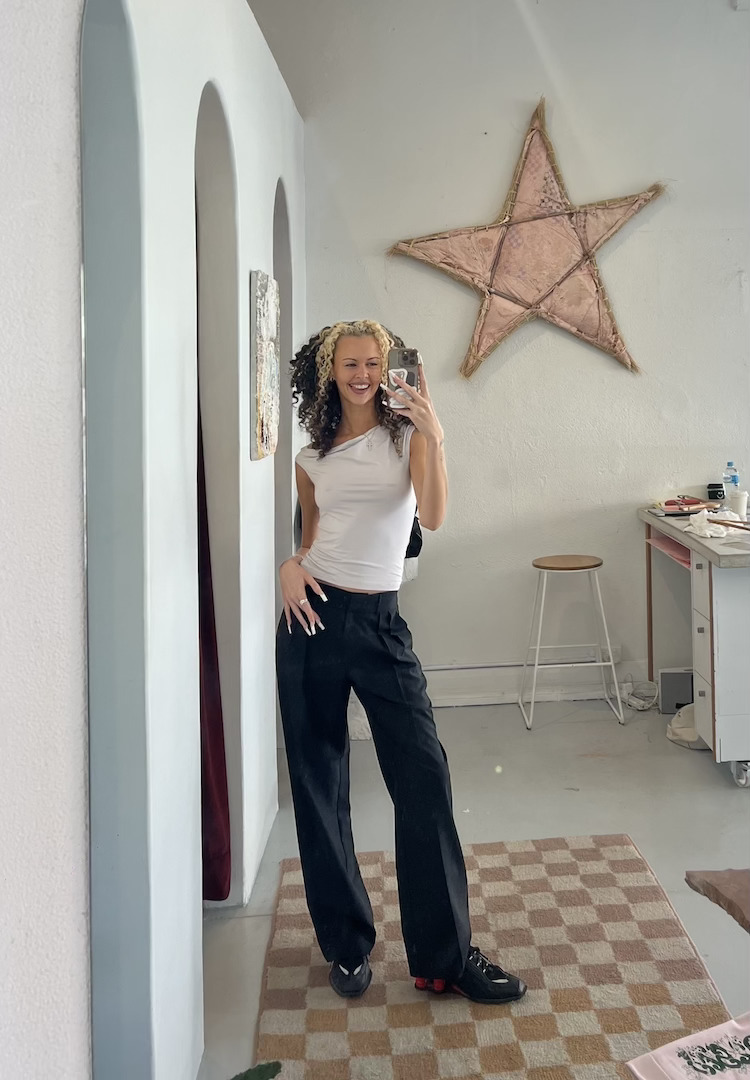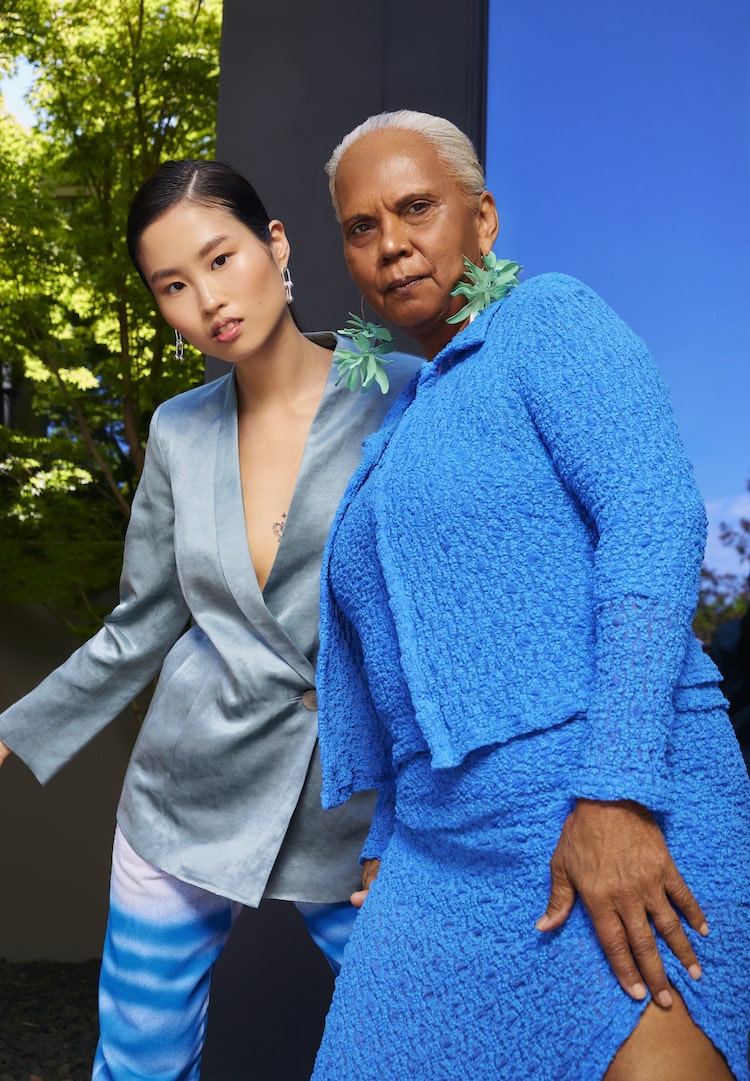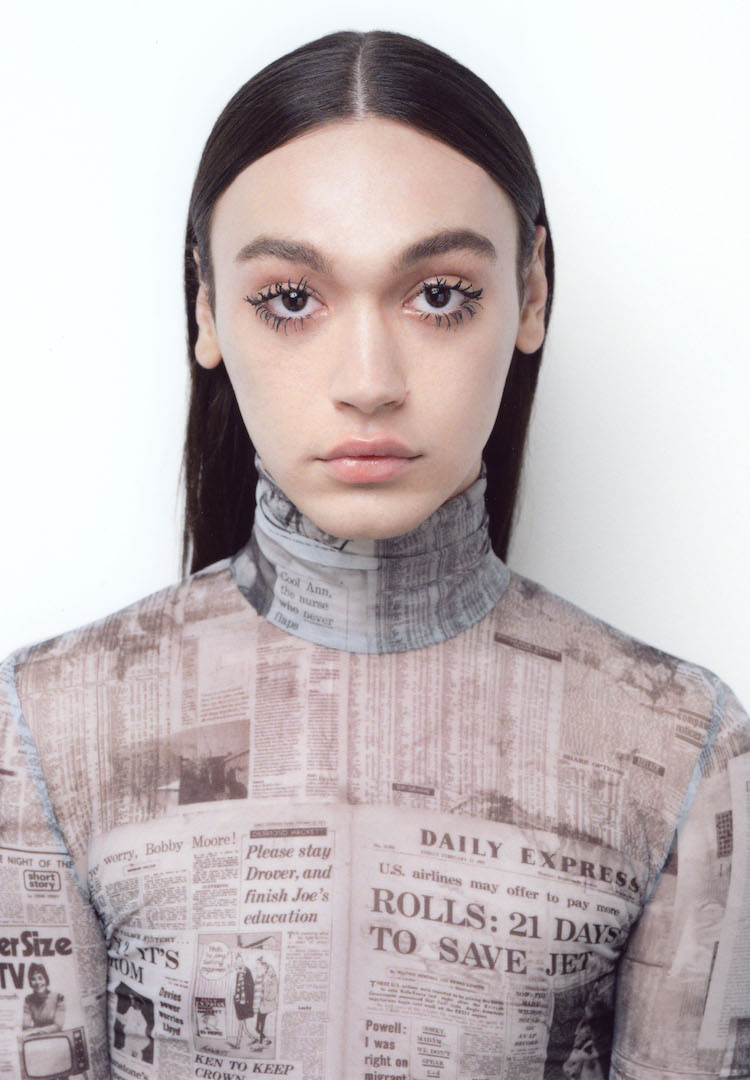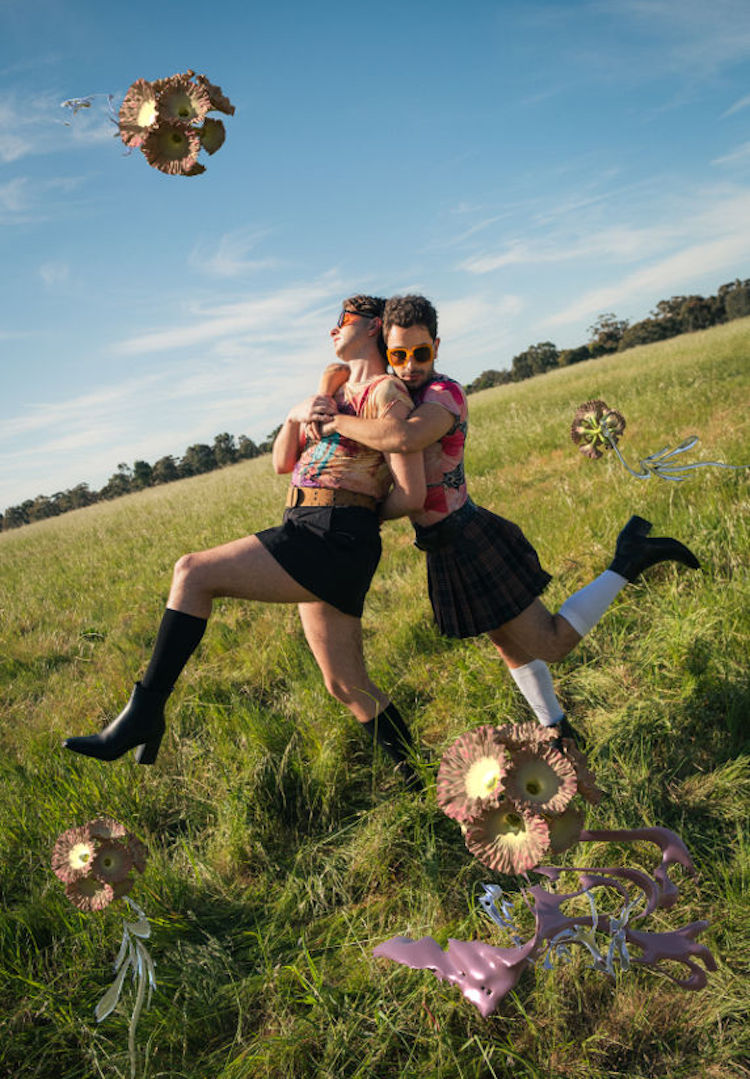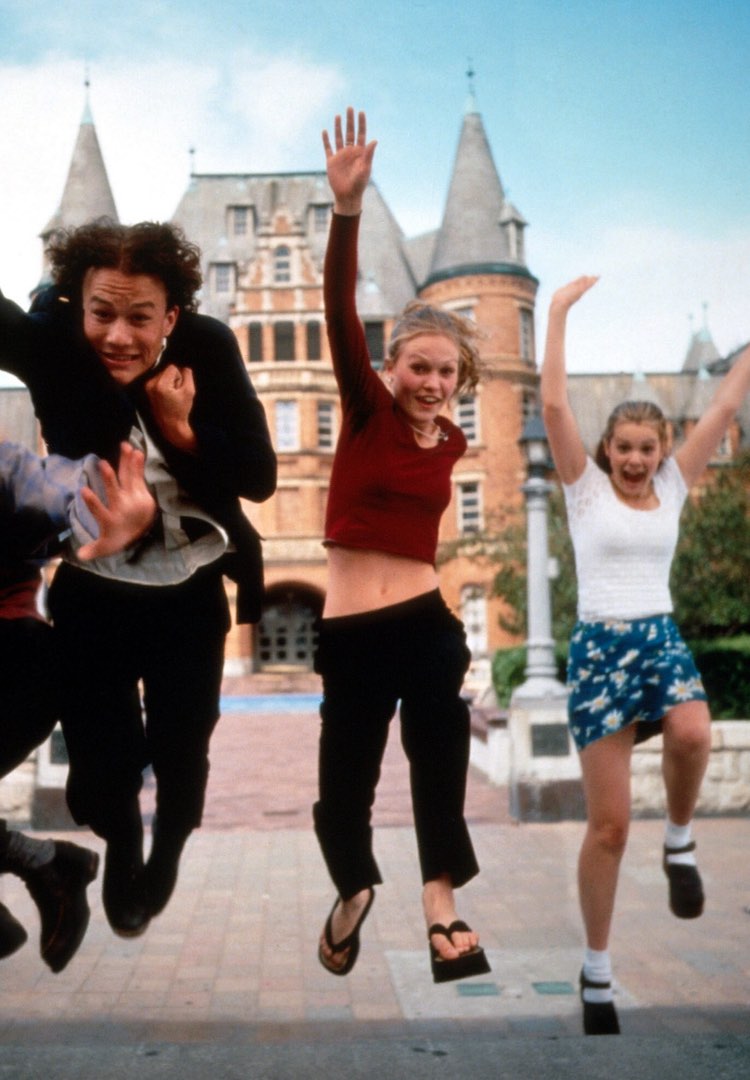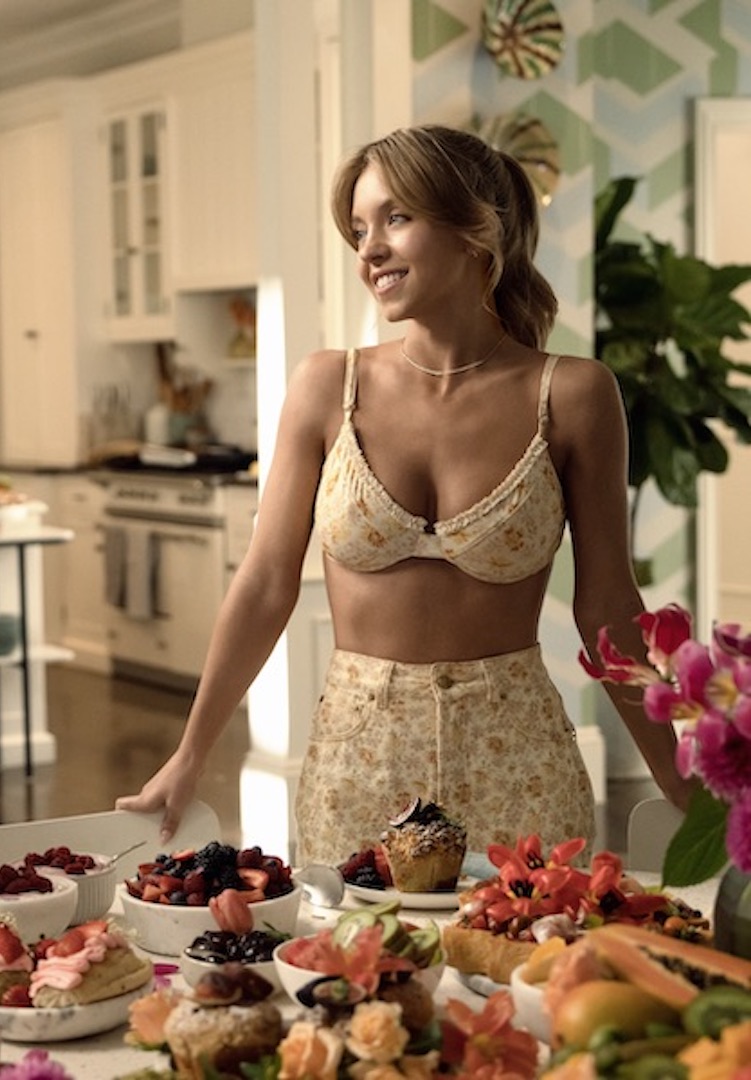How I Got Here: The Co-Directors of Melbourne studio Alt-House on creating the change they wish to see
IMAGE VIA ALT-HOUSE
WORDS BY CAIT EMMA BURKE
“I would like people to understand that the cycle of under-representation of femme, queer and culturally-diverse creatives is in the hands of people who make key decisions.”
Have you ever stalked someone on LinkedIn and wondered how on earth they managed to land that wildly impressive job? While the internet and social media might have us believe that our ideal job is a mere pipe dream, the individuals who have these jobs were, believe it or not, in the same position once, fantasising over someone else’s seemingly unattainable job.
But behind the awe-inspiring titles and the fancy work events lies a heck of a lot of hard work. So what lessons have been learnt and what skills have proved invaluable in getting them from daydreaming about success to actually being at the top of their industry?
Looking for a new 9 to 5? Head to our Careers page for new listings daily.
Welcome to How I Got Here, where we talk to women who are killing it in their respective fields about how they landed their awe-inspiring jobs, exploring the peaks and pits, the failures and the wins, and most importantly the knowledge, advice and practical tips they’ve gleaned along the way.
This week we speak to Grace Moore and Jess Brohier, the Co-Directors of Melbourne-based creative agency and production house, Alt-House. After both studying arts degrees, Jess and Grace began dabbling in their respective areas of interest creatively; photography and filmmaking. But what began as self-taught side hustles soon blossomed into all-consuming creative practices.
In the years that followed, the pair have created an impressive array of work in the worlds of fashion, music and art, so it only made sense that they would join forces to create an artist-led venture like Alt-House. With a focus on community and using their voices and skillsets to help instigate change in the industry, the duo has established Alt-House as a force to be reckoned with. Here, they share what they’ve learnt along the way
What do you do and what’s your official job title?
Grace: I am a film director and co-creative director of Alt-House agency and studio.
Jess: I’m a fashion, editorial and still-life photographer and also the co-director of Alt-House.
Take us back to when you were first starting out. Did you study to get into your chosen field, or did you start out with an internship/entry-level role and climb the ladder?
G: I studied creative writing and cinema as part of an arts degree. I then went on to study film at Victorian College of the Arts because I wanted to learn how to make the films I was writing in my undergrad. Around this time I began doing freelance videography back when it wasn’t really a thing! I would go to film school in the day and teach myself what we weren’t learning using YouTube tutorials at night.
In 2017, I was lucky enough to be an assistant director to Claudia Sangiorgi Dalimore. Claudia allowed me to work in many different roles – some paid and some volunteer – on music videos for artists like Thelma Plum, Kaiit, Meg Mac and more. It was here that I felt the magic of working with an all femme/non-binary crew, which is something that is very important to me now.
J: I completed a Bachelor of Arts majoring in psychology and sociology, but then took a year off and decided to change direction. Next, I enrolled in a Visual Art Diploma at Swinburne as an illustrator, which is where I first learnt how to shoot manual settings on a camera and not too much more. I started taking photos of my friends and people I would meet at my retail job and in the street, and this slowly became shooting small things for brands until it rolled into shooting campaigns and having to quit my job because it was getting in the way!
I’m completely self-taught – by the time I figured out that I should be assisting it was a bit too late, as I had already been shooting campaigns for local brands pretty regularly, and couldn’t even get an email back from any of the photographers I contacted. YouTube really was my best teacher.
What challenges/hurdles have you faced getting to where you are now? Can you tell us about one in particular?
G: So many challenges! I really struggled to find employment as a creative freelancer after I left film school. I applied for over 250 jobs that year. After taking a job at a commercial content agency I felt my mental health and creativity really decline. I lost faith in my abilities as a filmmaker during this time and it was very tough.
Some incredible people helped me bounce back, including Claudia and Jon Duval. They helped me believe in myself and my abilities and suddenly I realised that I could be an artist and a business person. This was around the time I met Jess, who is now my dear friend and business partner at Alt-House.
J: Many, oh so many. I think the first was really backing myself because going freelance is tough. It’s a rollercoaster of financial instability as well as [a fluctuating] personal headspace. One of the largest challenges I would say is not giving into self-doubt and refraining from comparing my journey and achievements to others.
I tend to base my self-worth around my perceived creative ability, which over the years has often been linked to work-flow – definitely not a healthy or realistic relationship. The new challenge I’m facing currently is learning how to set personal boundaries in a business setting.
What do you want people to know about your industry/your role?
G: The film industry is very male-dominated, especially in departments like camera and lighting. I would like people to understand that the cycle of under-representation of femme, queer and culturally-diverse creatives is in the hands of people who make key decisions.
For the industry to be more inclusive requires affirmative action from brands, agencies, production companies and music labels. It’s obvious to me that people like us make beautiful work, but often I feel we are overlooked because our folios appear less established. I would like decision-makers to question these perceptions and think about what they can do to better action diversity and inclusivity.
J: That the fashion industry has the potential to move in a forward way but the change has to come from above as well as within. Clients who want to present as progressive, female empowering and diversity-focused should really consider who it is that they are paying in order to truly embody these values, rather than the performative nature of simply casting diverse talent for looks and a crew of the opposite. In terms of my role, I think we as creatives have an important voice that can be used to create the change we wish to see.
What’s the best part about your role?
G: The best part about my role is the people I work with! We are surrounded by so many talented artists at Alt-House and this gives me inspiration and support in my film practice. The freelancers in my crew are also some of my favourite people to work with – I am so grateful for their work ethic and talented minds!
J: Getting to collaborate with talented, passionate incredible artists all the time when I’m shooting. And at Alt, to work alongside them on a day-to-day basis even just sitting at my desk. I find both very inspiring and supportive!
What would surprise people about your role?
G: People would be surprised at how much of it is managing other people’s emotions and egos. I have learned so much about communication and boundaries as the business grows and changes.
J: That it’s all smoke and mirrors. Everything always looks so shiny and perfect on the outside but on the inside, it’s really a bit of a dog’s breakfast and a labour of love, where you learn as you go and do the best you can! Having the right people around is really critical.
What skills have served you well in your industry?
G: My technical skills in filming and editing have served me very well in the come-up phase of my career. I know how to direct, produce, shoot, edit and deliver a whole project – although thankfully I don’t have to do everything anymore! Strong skills in interviewing and cutting dialogue have been super beneficial in winning work for me.
J: My psychology degree for sure. Navigating people’s personalities and intricacies is key to working as a creative freelancer. I also am quite an organised perfectionist so that has helped me greatly in forming my creative style and photographic standard.
What advice would you give to someone who wants to be in a role like yours one day?
G: Find what makes you unique as a creative and work with that. I think once I realised that my perspective as a filmmaker was valuable, everything started to fall into place. Never stop learning, changing and practising, be open to constructive feedback and work with people whose work you admire. Don’t give up.
J: Be prepared to work harder than you ever thought possible, but know that it’s truly amazing how much you can achieve (and withstand) when you love what you’re doing. Be kind and genuine to everyone you meet, you never know what role they may play. Don’t be afraid to ask for help, but also try to offer it whenever you can. Roll with the punches and don’t give up!
What about a practical tip?
G: Learn Premiere Pro and DaVinci Resolve. Work on your shot selection, creative cutting, dialogue editing and visual effects. Having someone who knows how to deliver an edit end-to-end is incredibly valuable and sought-after. Hit me up if you know these programs!
J: Don’t forget that making work that you love is as important as the jobs that pay the bills – there needs to be a balance in order to be successful and keep the creative fire lit.
Looking to step up to a career in fashion? Each week we send a wrap of industry jobs straight to your inbox. Enter your details below and we’ll keep you in the loop, or browse current openings here.

